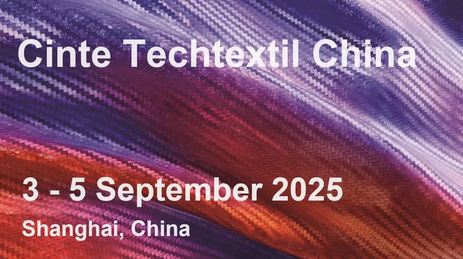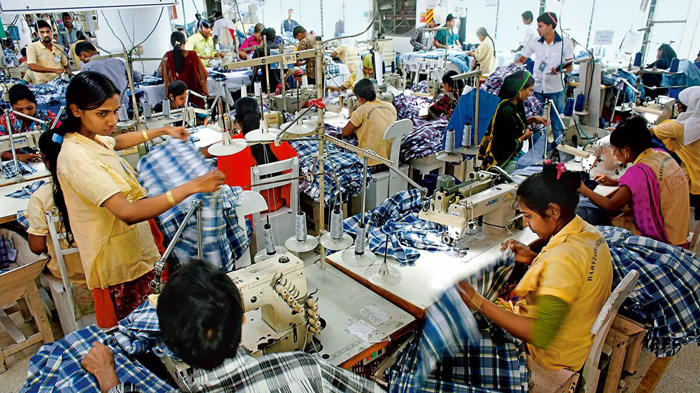Amidst the economic challenges confronting Sri Lanka and the introduction of stringent EU sustainability laws, a transformative shift is underway in the country's apparel sector. With a growing recognition of the need for enhanced compliance processes, companies are turning to certification programs, such as the Worldwide Responsible Accreditation Production (WRAP), to streamline their operations and champion sustainable practices.
Sri Lanka's apparel industry has emerged as a trailblazer in embracing responsible manufacturing. Under the WRAP umbrella, an impressive 27 companies and 112 factory sites have obtained the coveted Worldwide Responsible Accreditation Production Certification. A recent interview with AvedisSeferian, President and CEO of WRAP, commended Sri Lanka's apparel industry for its resilience in the face of economic turmoil and the ongoing pandemic. He highlighted the unwavering commitment displayed by certified companies to uphold social compliance and sustainability standards.
Seferian emphasized the strategic importance of independent certification in the current landscape. As economic uncertainties persist, streamlined due diligence processes are essential. WRAP's comprehensive audit reports and resolutions of non-compliances provide a powerful testament to responsible sourcing practices, making it a compelling alternative to duplicative audits. The proliferation of legislative requirements further underscores the significance of independent programs like WRAP.
The interview shed light on Sri Lanka's substantial progress in embracing Environmental, Social, and Governance (ESG) criteria. Seferian praised the industry's consistent commitment to social compliance and sustainability, driven by a long-term investment perspective. This approach has led to positive outcomes, as Sri Lankan factories often exceed minimum compliance standards, incorporating worker-benefit initiatives and women empowerment programs.
Yet, challenges persist in the global apparel sector. Seferian identified short-term thinking as a prevailing hindrance to sustainable practices. The pursuit of immediate gains often overshadows long-term investments in social responsibility and sustainability. Overcoming this mindset, particularly in fast fashion, remains a universal challenge.
For future compliance, Seferian highlighted key trends, including the imperative to address forced labor concerns, ensure supply chain traceability, and proactively embrace sustainability. He underscored the role of transparent, independent validation processes and holistic supply chain mapping in creating a responsible industry.
As Sri Lanka anticipates labor law reforms, WRAP's adaptive approach ensures alignment with evolving regulations. Seferian emphasized WRAP's commitment to combating audit fatigue by collaborating with both manufacturers and buyers. The program's emphasis on independent, efficient, and credible audits aims to drive more sustainable practices.
In essence, Sri Lanka's apparel industry is at the forefront of an industry-wide shift towards streamlined compliance and sustainable manufacturing. Through independent certification programs like WRAP, the sector is not only weathering challenges but also paving the way for a more responsible and resilient future.












